
Susan faced many challenges after her husband Chris was diagnosed with stage 4 colon cancer. One of the greatest was figuring out the best way to talk about cancer with their five-year-old son Henri.
Susan’s Story of Help and Hope

Susan faced many challenges after her husband Chris was diagnosed with stage 4 colon cancer. One of the greatest was figuring out the best way to talk about cancer with their five-year-old son Henri.
Coping with Cancer as an Older Adult
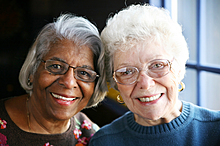
Older adults find themselves in an increasingly complex medical system where they are expected to take an active role in managing their care when they may be unable to do so. Access to medical information through technology may prove confusing and cause patients to refrain from asking key questions about their care or feel unsure about where to access important and accurate health information.
Serpil’s Story of Help and Hope
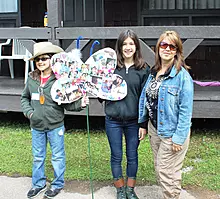
After her husband Lance was diagnosed with advanced pancreatic cancer at age 36, Serpil struggled with how to help her young children cope. “Lance was diagnosed when my daughter Seylan was five and my son Cole was two,” shares Serpil. “The relationship that they had with him was unbelievable. They were so close, so I knew that I needed to find them any type of help. I knew I needed to move and move fast.”
Understanding Palliative Care
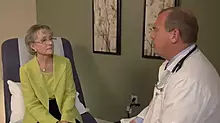
Did you know that palliative care helps people at any age and any stage of cancer? Palliative care is specialized medical care for people with serious illnesses. It focuses on providing you with relief from the symptoms, pain, and stress of a serious illness like cancer.
Finding Support for the Cancer Caregiver
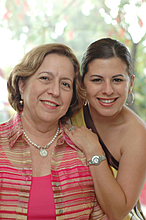
If you are helping to care for a loved one with cancer, you are a “caregiver.” It can be an incredibly rewarding role, but it can also take an emotional and physical toll. Some caregivers find it difficult to ask for help. You may feel embarrassed or like you’re imposing on others. But getting help is important—for both for you and the person you are caring for.
Families Remember Loved Ones at CancerCare’s Healing Hearts Bereavement Camp

Thirty families recently joined together to spend the weekend at CancerCare’s Healing Hearts Bereavement Camp – a retreat for those coping with the loss of a loved one to cancer. The camp combines fun activities such as swimming and horseback riding with therapeutic grief activities.
Coping with Lung Cancer: Arlene’s Story
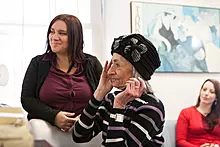
During a routine annual check-up with her physician, Arlene C. learned that after 15 years in remission, her lung cancer had returned. “The cancer had come back – an aggressive one. Surgery and chemo. That’s when it all began,” shared Arlene.
Coping With Cancer in the Workplace

For many people who want to continue to work during and after treatment, the issue of disclosure looms large in their minds. Some may worry that they will be seen as a liability to their employer and perhaps be terminated from their position if they open up about their diagnosis. Others may fear that they will encounter subtle discrimination.
CancerCare Superstar Maddy Shares Her Story of Help and Hope
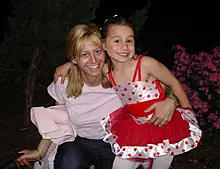
Maddy Gold, 13, has quickly become one of CancerCare’s most inspiring advocates by sharing her personal cancer experience. As a result, she has made a remarkable impact on the lives of others. Maddy began coming to CancerCare at the age of four to receive emotional support after her mother, Alyssa, was diagnosed with metastatic cancer.
How Technology Is Transforming Cancer Prevention

February is National Cancer Prevention Month, the perfect time to recognize how developments in oncology, coupled with technology, have impacted the lives of people living with cancer, caregivers and health professionals.